
The recent military reshuffle of November 2025, which saw Lieutenant General Emmanuel Matatu promoted to full General and appointed Commander of the ZDF, and Major General Asher Walter Tapfumaneyi elevated to Lieutenant General and made ZNA Commander — has inevitably triggered speculation.
But the biggest development is not the promotions. It is the retirement of General Philip Valerio Sibanda — a move that finally unlocks the political path long prepared for him.
It is easy to conclude that this is not administrative housekeeping, rather succession choreography.
Mnangagwa sought to bring Sibanda into ZANU-PF’s nerve centre by appointing him to the Politburo in November 2023, but that plan collapsed because Sibanda was still serving as Commander of the Zimbabwe Defence Forces, a position governed by constitutional limits on partisan involvement.
Now, with Sibanda retired, that obstacle has evaporated. Meanwhile rumours have been floating that Vice President Kembo Mohadi is ready to step down on health grounds, creating an opening.
A Calculated Deployment
Mnangagwa now has the perfect opportunity to elevate Sibanda: a respected former commander, politically unaligned, and bearing the ZIPRA lineage that ZANU-PF often needs but rarely utilises in positions of real power.
This is where Sibanda becomes the Dark Horse — viable, available, and central to Mnangagwa’s succession puzzle.
Sibanda is not just another retired general. He is the highest-ranking ZIPRA cadre ever to command the post-independence army. His liberation war roots lie deeply with ZAPU/ZIPRA, making him symbolically invaluable in a party still haunted by the fractures of the 1980s.
His rise to vice president would; Re-affirm the spirit of the 1987 Unity Accord; Stabilise ZANU-PF’s delicate liberation-movement balance; Give ZIPRA structures a stake at the top; And present Mnangagwa as a unifier heading into 2028 or the 2030 extension coup.
But Sibanda’s significance goes deeper than history. He has long been viewed as the professional, the soldier’s soldier — respected by rank-and-file, trusted by the non-aligned, and admirably quiet in a political environment defined by factions.
This profile makes him ideal for a vice-presidency meant to neutralise potential fractures without empowering a rival.
The Chiwenga–Sibanda Question: Allies, Rivals or Opposing Poles?
To understand the Sibanda-Chiwenga matrix — one must go back to the January 2019 fuel riots, arguably the clearest glimpse into the internal dynamics of Zimbabwe’s post-coup leadership.
In mid-January 2019, Zimbabwe convulsed under violent protests triggered by a steep fuel price increase. President Mnangagwa was out of the country, leaving Constantino Chiwenga as Acting President. The situation rapidly deteriorated and it appeared as through security forces were paralysed.
Related Stories
But behind the scenes, intelligence leaks and military whispers at the time suggested a more dramatic standoff.
Chiwenga reportedly pushed for a State of Emergency. He allegedly wanted sweeping powers to deploy the military fully and tighten national control — a move whispers suggested would consolidate his authority while Mnangagwa was away and pave way for him to arrest Mnangagwa on return.
According to multiple political and military rumours General Sibanda was deeply reluctant to endorse Chiwenga’s emergency declaration. His position was reportedly:
The situation did not warrant a constitutional State of Emergency; Full military activation under an acting president would set a dangerous precedent; And the army should not be used to legitimise political power plays.
Those who know the military read this for what it was say that moment was pivotal for understanding today:
It showed Sibanda would not be a pawn in political manoeuvres. It exposed the first major divergence between him and Chiwenga after the 2017 coup. And it signalled to Mnangagwa that Sibanda — unlike Chiwenga, was not building a political empire.
This 2019 standoff is the silent foundation of today’s succession realignment.
Why Sibanda works as a VP
Mnangagwa’s succession concerns can be reduced to three questions:
1. Who can stabilise the party without threatening the President’s control?
2. Who reassures the army without creating another 2017 scenario?
3. Who strengthens ZANU-PF’s legitimacy in Matabeleland and internationally?
Sibanda answers all three.
Tagwirei brings money, but controversy. His political viability is limited.
Chiwenga brings power, and threat. His ambition is explicit, his faction entrenched. Sibanda brings credibility without ambition. For Mnangagwa, this is the perfect combination.
Sibanda is a ZIPRA figure acceptable to Matabeleland, a professional general acceptable to the security sector, and a non-factional actor acceptable to the civilian bureaucracy. He also has no known appetite for a power grab.
But…
With ED, there is always a but, as the man has shown himself as a true disciple of Machiavelli. While Sibanda is a ZAPU/ZIPRA man, he is not Matabeleland as he hails from Midlands. That dilutes his acceptability as a true ZAPU/ZIPRA representative from the ethnic point. So, could he be in fact, destined for the other VP post while Tagwirei is headed for the top posts? Interesting times we live in with only the rumour mill and speculation to feed our curiosity.










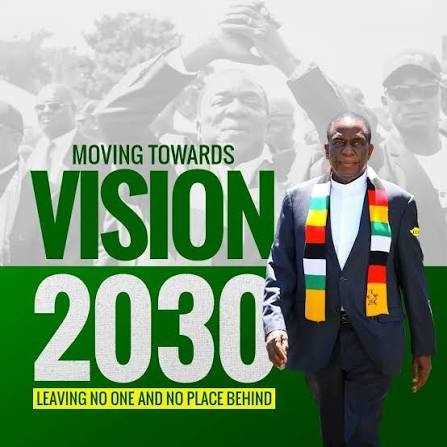
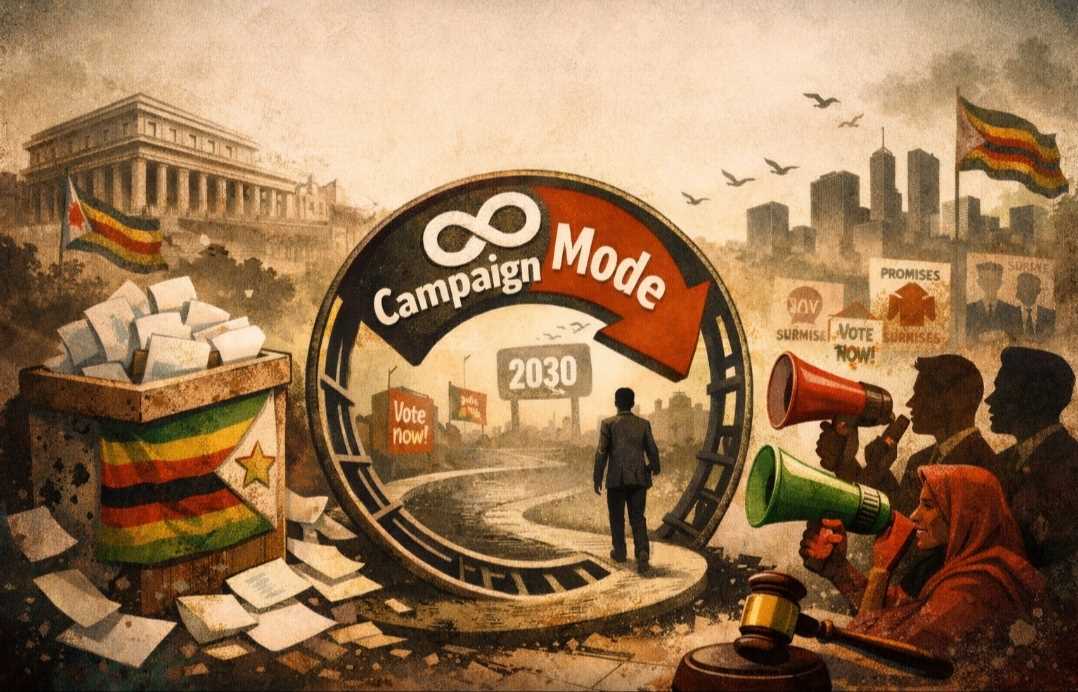
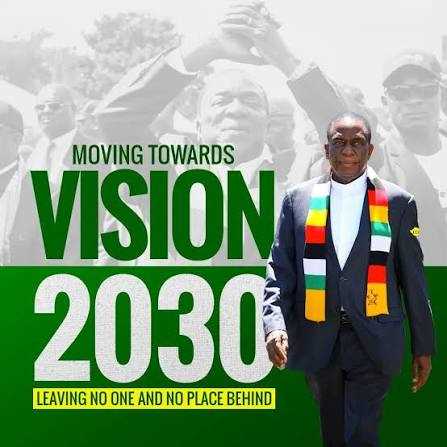


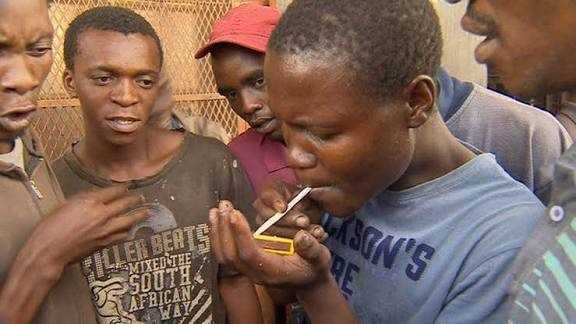
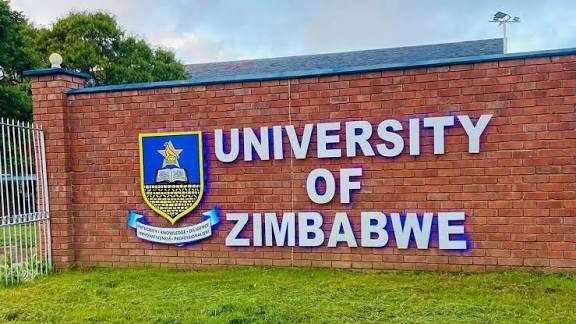



Leave Comments